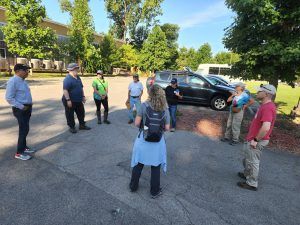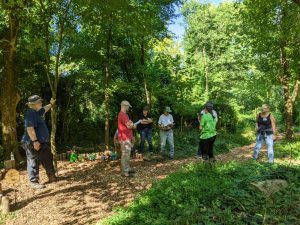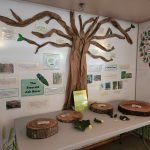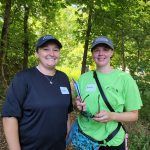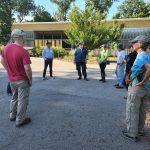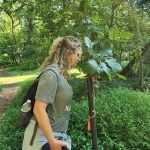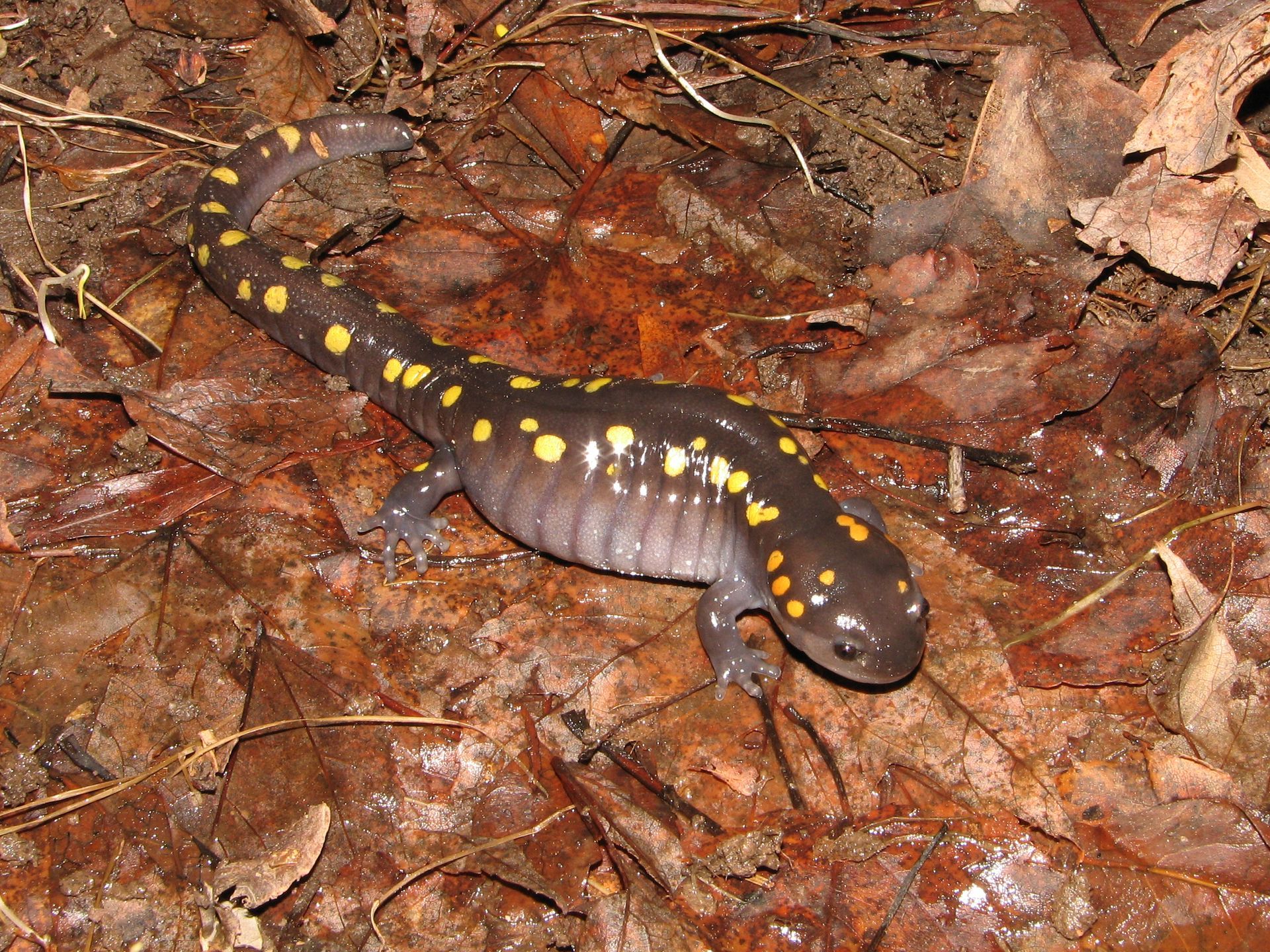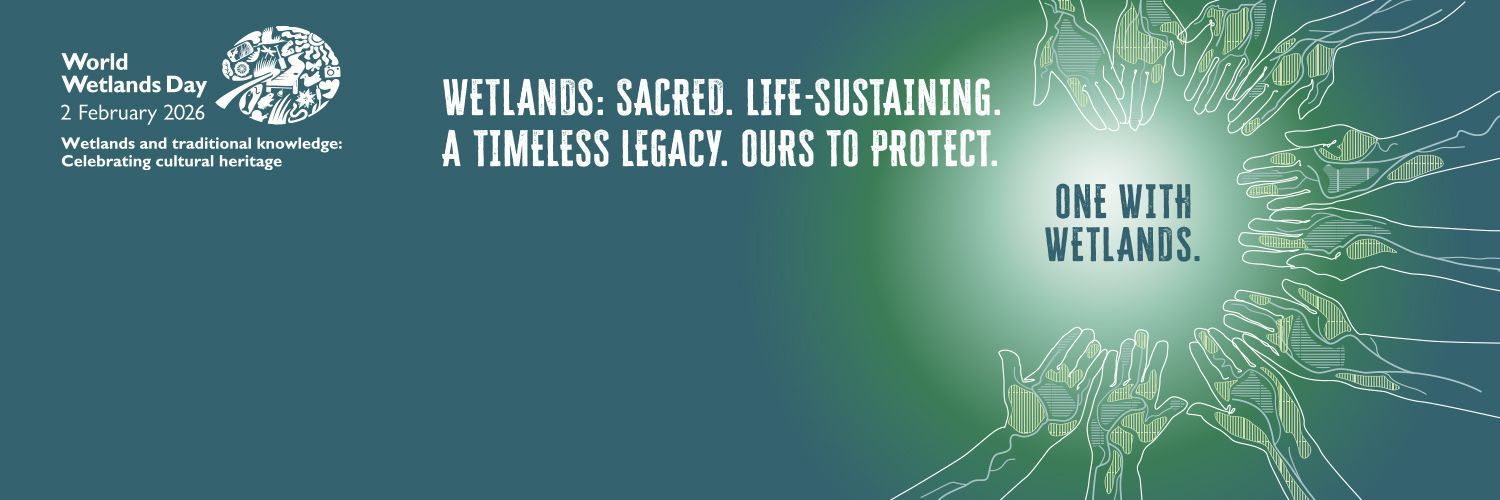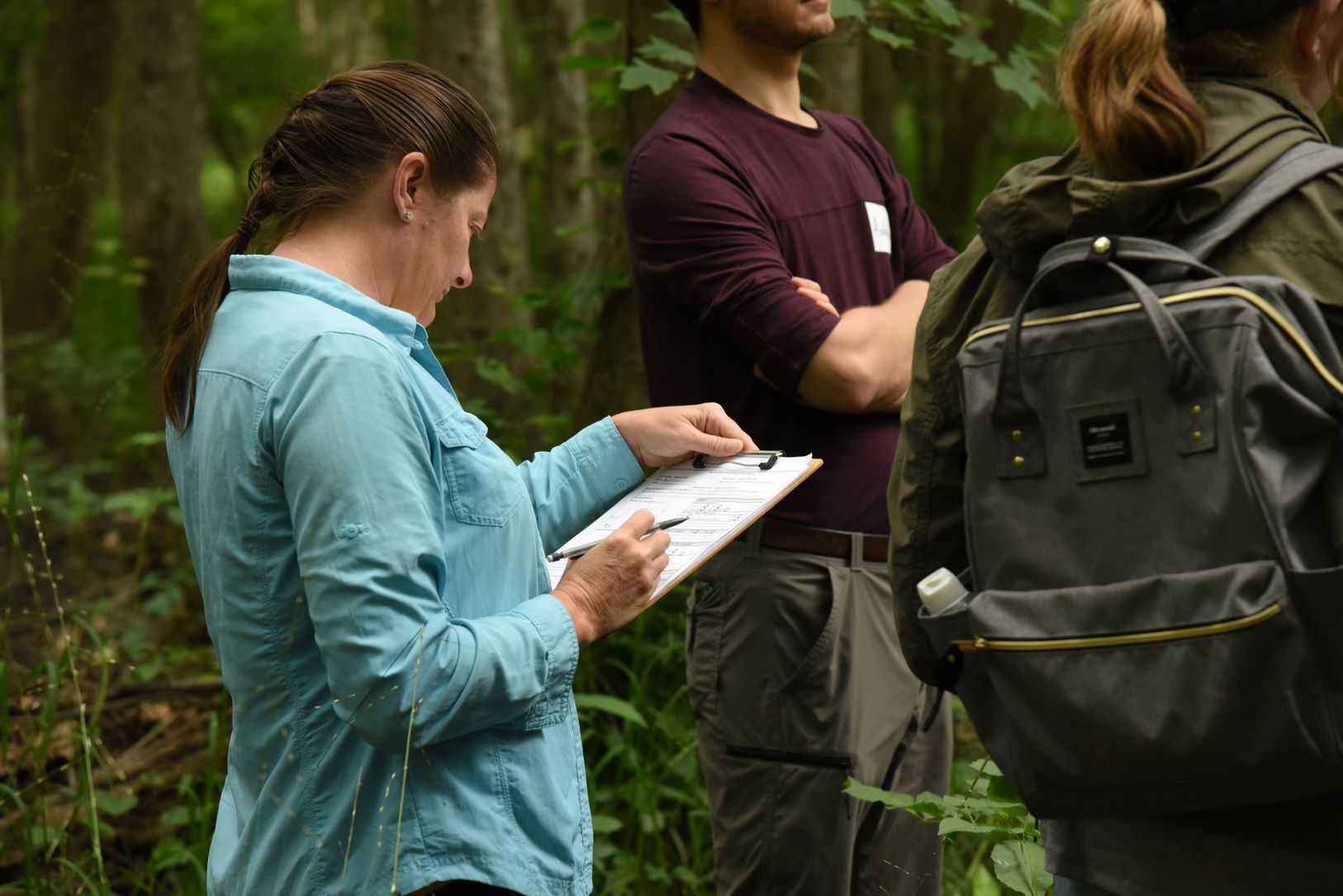By rick.savage
•
February 15, 2026
Even during the cold weather we have been experiencing this winter, wetlands are quietly at work. Beneath the surface, wetland soils remain biologically active, and plants store energy in their roots. Wetlands provide refuge and are among the first parts of the landscape to signal seasonal renewal. Early Voices of Spring: Amphibians on the Move As daylight increases and temperatures rise, one of spring’s most joyful heralds is the sound of amphibians awakening from winter slumber. In ephemeral ponds and forested swamps, the spring peeper ( Pseudacris crucifer ) announces the season with its whistle-like call. Though tiny, their choruses can carry across the land. Spotted salamanders ( Ambystoma maculatum ) and marbled salamanders ( Ambystoma opacum ) also migrate on warm, rainy nights to breed in fish-free seasonal pools.


